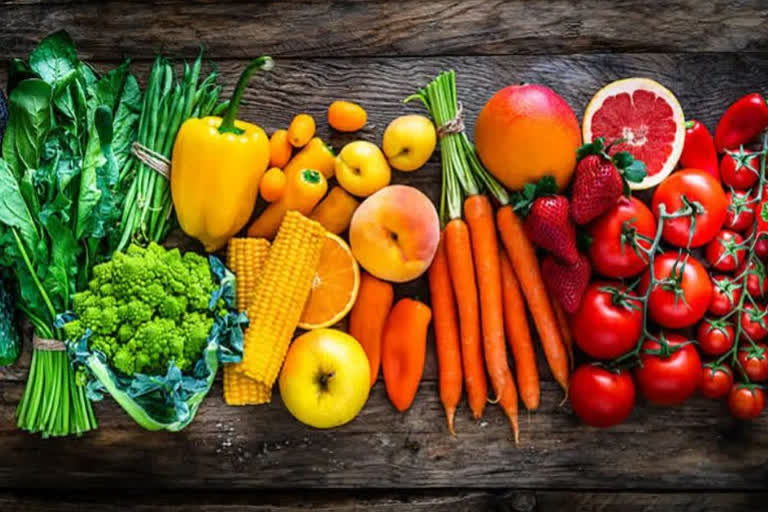New Delhi: India exported farm and processed foods worth over $17 billion dollars in the first nine months of the current fiscal, which is nearly three-fourths of the annual target of $23.7 billion, showed the latest official data.
In recent years, the country has seen a significant jump in the export of farm and processed food that is exported through the Agricultural Products’ Export Development Authority (APEDA). In 2019, the country exported farm and processed foods worth over $19.4 in 2018-19, which went up to more than $20.67 billion in the last financial year.
The share of APEDA exports ($20.67 billion) constituted 49% of overall agri-product exports from the country in FY 2020-21 out of which, cereals and fresh horticulture comprised 59%, cereal preparations and miscellaneous processed items (23%), and animal products (18%).
In order to promote the export of processed food, the government had set up Agricultural Products’ Export Development Authority (APEDA) in February 1986 through an act of Parliament. The Authority replaced the Processed Food Export Promotion Council (PFEPC).
APEDA was set up as despite being the biggest producer of main agricultural crops, fruits, and vegetables, the country’s contribution to the agri-exports in the global market was extremely low and even today it is not significant due to lack of requisite infrastructure at the farm gate, and the challenges associated with the post-production and logistics coupled with other aspects.
Also read: APEDA signs MoU with UAS for Agri Exports boost in India
These challenges include lack of awareness about the good agricultural practices, good manufacturing practices, hygienic production of fruits and vegetables, and information about the latest international standards in the area of quality and packaging, among other things.
Use of Geographical Indication (GI) tag
In order to boost the export of fruits, vegetables, and other processed food items, the government is encouraging the use of the latest technologies such as paperless offices, which include re-engineering, digital signatures, electronic payment facilities, use of mobile applications, delivery of online services, monitoring and evaluation, uniform access, and virtual trade fair.
Geographical Indication tag is a kind of intellectual property that conveys a particular fruit or spice or even a processed food item has some special qualities attached to it due to its location such as Scotch whisky distilled in Scotland.
As of date, there are 417 registered GI products and more than one-third of them are agricultural and food GI. Out of these 150 farms and food-related Geographical Indications, APEDA deals with 100 such as cereals, fresh fruits and vegetables, and processed products.
Also read: GI-certified mangoes from Bihar exported to the UK
GI tagged products exported from India include dragon fruit, patented village rice, jackfruit, Jamun, Burmese grapes, dehydrated Mahua flowers, and puffed rice. GI varieties of mango, GI tagged Shahi litchi, Bhalia wheat, Madurai Malli, Mihidana, Sitabhog, Dahanu Gholvad Sapota, Jalgaon banana, Vazhakulam pineapple, and Marayoor jaggery, among others.
Use of blockchain technology
Officials in the ministry of commerce and industries have established a Market Intelligence Cell which prepares e-market intelligence reports comprising detailed market analysis.
For promoting the use of hybrid technology, the government has integrated a blockchain solution into its GrapeNet traceability platform which is a web-based certification and traceability software system for monitoring fresh grapes exported from India to the European Union.
The Blockchain solution helps track all the details of the export consignment, right down to the location of the vineyards.
Also read: 20,000 MT of agri-produce exported from UP's Purvanchal region in last six months
A Farmer Connect Portal has also been set up by APEDA for providing a platform for Farmer Producers Organisations (FPOs) and Farmer Producer Companies (FPCs), and Cooperatives to interact with exporters. Around 3,295 FPOs and FPCs and 3,315 exporters have been registered with the government.



